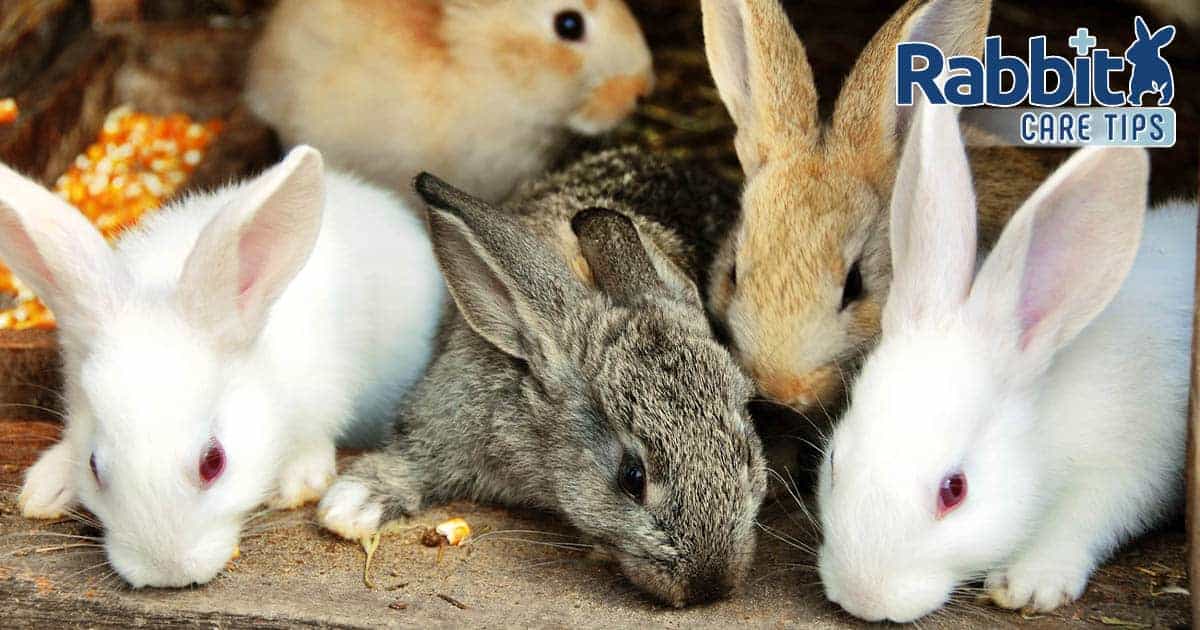NEWCOMER
Loving the herd life
Hello,
I am back with more questions as normal and I want to know what's (in your opinion and based off your experience) the best breed of rabbits. Answer below
I am back with more questions as normal and I want to know what's (in your opinion and based off your experience) the best breed of rabbits. Answer below



